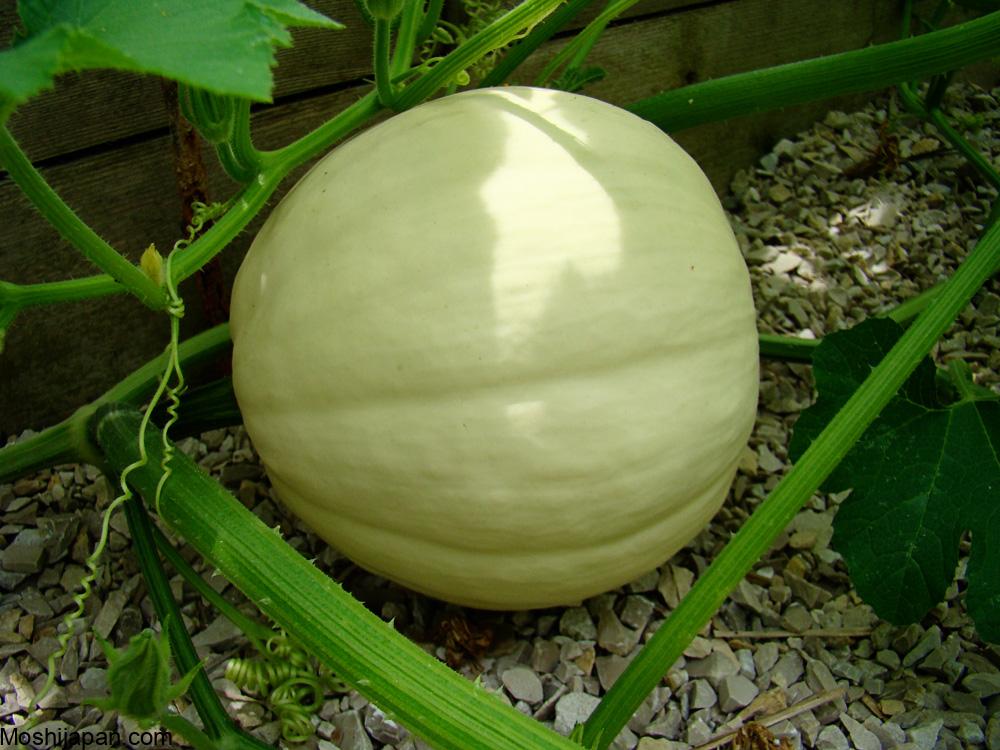Are Volunteer Squash Safe to Eat?
In recent years, there has been a growing interest in volunteer squash, those unexpected squash plants that sprout from compost piles or spontaneously appear in gardens. These seemingly random and uninvited guests can raise questions about their safety for consumption. In this comprehensive guide, we will delve into the world of volunteer squash and address the key concerns surrounding their safety as a food source. We’ll explore various aspects, including their origins, potential risks, and best practices for incorporating volunteer squash into your meals.
What are Volunteer Squash?

Volunteer squash, also known as “rogue” squash, are squash plants that grow without any deliberate cultivation or seeding. They often emerge from the compost, garden beds, or even in the wild, catching gardeners and enthusiasts by surprise. These plants result from the seeds of previously grown squash that found their way into fertile soil or compost piles. While they may seem like a botanical enigma, they can produce squash varieties ranging from zucchinis to pumpkins and butternut squash.
The Safety Aspect

Volunteer Squash Origins
The safety of volunteer squash starts with understanding their origins. These plants typically grow from the seeds of their cultivated counterparts. Since they share the same genetic heritage, they generally pose no immediate threat to human health. However, there are some crucial considerations to keep in mind.
Environmental Factors
The safety of volunteer squash heavily depends on the environment in which they grow. If your compost pile or garden is well-maintained, without the use of harmful chemicals, then the volunteer squash that sprout are likely safe for consumption. On the other hand, if you use pesticides or herbicides in your garden, there’s a risk that these chemicals could be absorbed by the volunteer squash, making them less safe to eat.
Cross-Pollination Concerns
Cross-pollination can also be a factor to consider when evaluating the safety of volunteer squash. If your volunteer squash plants are growing near other types of plants, especially those from different squash species, there’s a chance that cross-pollination might occur. This can result in unexpected and potentially inedible squash varieties. To mitigate this risk, consider isolating your volunteer squash from other types of plants.
Are Volunteer Squash Safe to Eat?

Now that we’ve discussed the origins and potential risks associated with volunteer squash, it’s time to address the pressing question: Are volunteer squash safe to eat?
In Ideal Conditions
In ideal conditions where volunteer squash grow in organic, pesticide-free environments, they are generally safe to eat. The genetic makeup of these squash is not inherently different from squash you intentionally cultivate in your garden. They can be delicious and nutritious additions to your meals.
Environmental Factors Matter
However, the safety of volunteer squash depends on the environment they grow in. If they’re exposed to harmful chemicals, there’s a risk that these chemicals can be absorbed, making the squash less safe for consumption. To ensure their safety, it’s crucial to nurture a healthy, chemical-free gardening environment.
Cross-Pollination Risks
The risk of cross-pollination, which can lead to unusual squash varieties, is another factor to consider. While this doesn’t necessarily make the squash unsafe to eat, it might result in flavors and textures that are less desirable. To enjoy more predictable results, separate your volunteer squash from other plant varieties.
Best Practices for Consuming Volunteer Squash
If you’ve decided to embrace volunteer squash as a part of your culinary adventures, here are some best practices to ensure their safety and maximize their delicious potential:
Careful Inspection
Before harvesting and consuming volunteer squash, carefully inspect the plants and fruits. Look for any signs of disease or pest damage. If you have any doubts about their quality, it’s best to err on the side of caution.
Wash and Prepare Thoroughly
As with any vegetables, proper washing and preparation are essential. Scrub the squash under running water to remove any dirt or contaminants. It’s a good practice to peel or remove the outer layer if you have concerns about chemical residues.
Cooking
Cooking volunteer squash is another way to enhance their safety. Roasting, sautéing, or grilling squash can help reduce the risk of any remaining contaminants and enhance the flavor.
Enjoy Responsibly
Lastly, enjoy volunteer squash responsibly. Start with small quantities to ensure that your digestive system agrees with them. Overindulgence can sometimes lead to digestive discomfort.
FAQ

Q1: Can I eat volunteer squash from my compost pile?
A1: Yes, you can eat volunteer squash from your compost pile, provided that your compost is organic and free from harmful chemicals. Inspect and wash the squash thoroughly before consumption.
Q2: Do I need to worry about cross-pollination with volunteer squash?
A2: While cross-pollination can occur, it doesn’t necessarily make the squash unsafe to eat. However, it may lead to unexpected flavors and textures. To avoid this, isolate your volunteer squash from other plant varieties.
Q3: Are there any risks associated with pesticide exposure from volunteer squash?
A3: Yes, if your volunteer squash grow in an environment exposed to pesticides, there is a risk of these chemicals being absorbed. To ensure their safety, cultivate them in a chemical-free setting.
Q4: How should I prepare and cook volunteer squash for the best results?
A4: Thoroughly wash and inspect the squash before consumption. Cooking methods like roasting, sautéing, or grilling can enhance both safety and flavor.
In conclusion, volunteer squash can be a delightful addition to your kitchen if grown in the right conditions. Understanding their origins, considering environmental factors, and practicing responsible consumption are essential to ensure their safety. With these precautions in mind, you can savor the unique charm of these unexpected garden guests without worry.
tag
- chicken feed
- how to Keep Chickens Off Your Porch
- How to grow oyster mushrooms at home
- Growing Kale in Pots



0 Comments